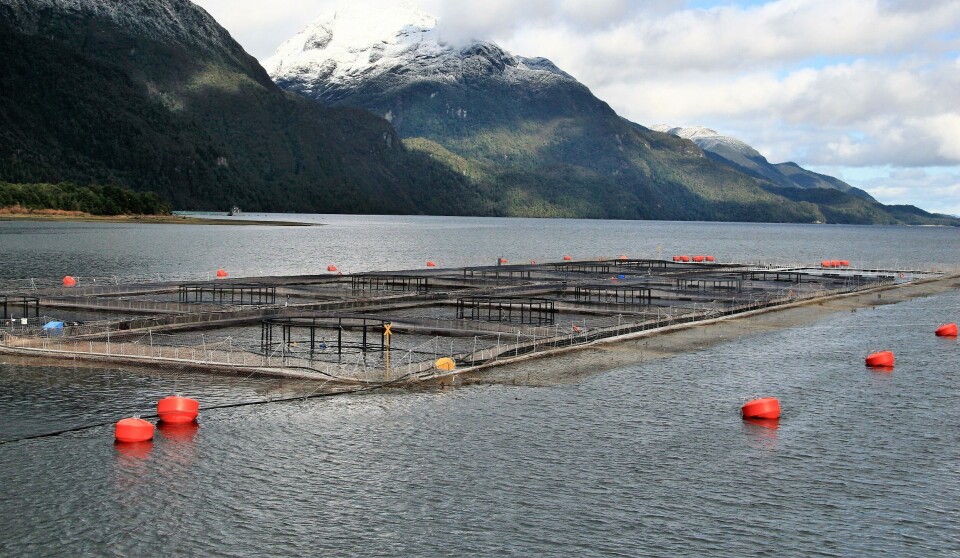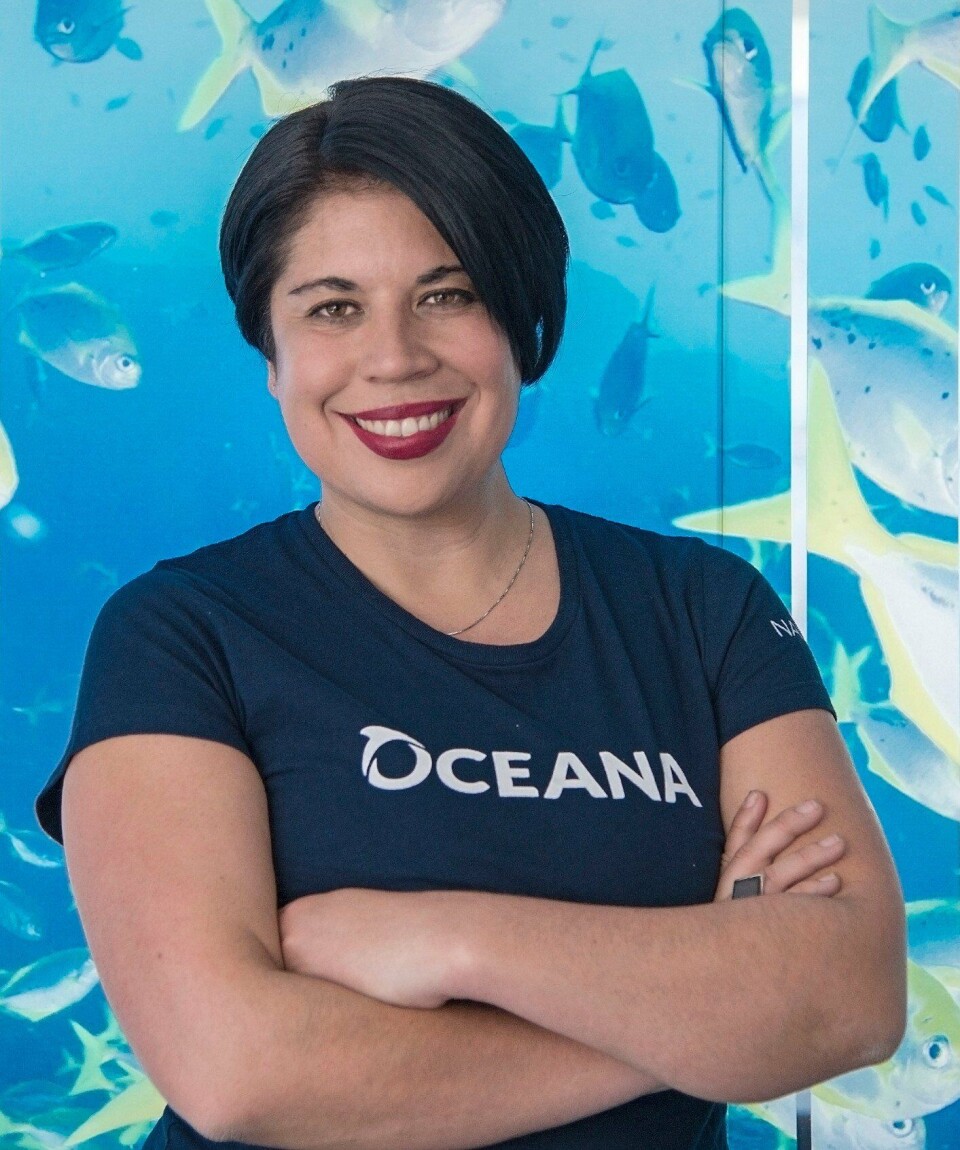
Chilean salmon farmers must reveal antibiotic use
Chile’s Council for Transparency (CPT) has ordered salmon companies to provide information on the amount of antibiotics used by the company and farming centre during the years 2015, 2016 and 2017.

It is the first time the CPT has ruled in favour of requests for such information by marine conservation campaign group Oceana.
In February, 18 of 24 companies refused to provide the data requested by Oceana, arguing that the disclosure of this information “would put them at risk from a competitive, economic and commercial point of view”.
Change of criteria
In a press release, Oceana points out that the CPT decision represents a change of criteria, given that historically it had denied the release of the information and it had only been possible to obtain it through the courts.
On this occasion, according to the CPT’s ruling, the companies that opposed the release of the data did not prove that their release “affects the commercial and economic rights of the companies”. It adds that “there is a public interest associated with the knowledge of such antecedents when it is linked to a subject that may compromise public health”.
Voluntary release
However, regarding the biomass produced between 2015 and 2017, information that was also requested by Oceana, the CPT only ordered the voluntary release of the data.
“Knowing only the amount of antibiotics used without the salmon production data does not allow us to have a complete picture of the industry nor to detect which companies are making an abusive use of antibiotics,” said Liesbeth van der Meer, executive director of Oceana.
“At a national level we know that Chilean salmon farmers use 1,400 times more antibiotics per ton produced than Norway, the world's leading producer, but that data are not enough for consumers in Chile and around the world to know which companies are producing the most in an irresponsible way. We also need consumers abroad to exercise pressure to reduce the use of antibiotics in Chile.”
The Court of Appeal in Santiago has twice ruled in favour of Oceana previously, after salmon farmers refused to give information on the use of antibiotics between 2009 and 2014.
In the most recent case in May 2016, the court also ruled out that trade competitiveness was affected, and stressed the importance of social control so that “citizens can know the way in which the species they acquire and consume have been produced”. It also stressed that “the information requested [by Oceana] seriously compromises the public interest and therefore, its release must prevail over the interests of companies that reject their posting.”
Antibiotics league table
Oceana used the information to make a league table of antibiotic use. The five companies at the top of the list used seven times more antibiotics per ton produced than those at the bottom.
Companies that opposed the release of information this year include the biggest producers such as AquaChile, Marine Harvest, Cermaq and Salmones Multiexport.
“We demand that this information be easily available to all consumers and stop being at the discretion of the companies. It cannot be that in the face of opposition from some companies we have to engage in judicial processes that last for years to obtain the data,” said Van der Meer.
The other companies that opposed release of the information included Australis Mar, Cultivos Yadran, Los Fiordos, Invermar and Cooke Aquaculture Chile.
Reducing drug reliance
The only companies that agreed to release it were Aquagen SA, Nova Austral SA, Salmones Antarctica SA, Salmones Iceval Ltda, Salmones Blumar SA, and Salmones Camanchaca SA. Salmones Caleta Bay SA agreed to release the amount of antibiotics used, but not the biomass produced.
Oceana stresses that according to the World Health Organisation (WHO), the excessive and inadequate use of antibiotics, both in animal and medical production, is contributing to bacterial resistance, a public health problem of global concern.
The Chilean salmon industry has been working to reduce its reliance on antibiotics which is largely due to fish health problems specific to the region that cannot be solved with vaccination. The Norwegian industry uses next to no antibiotics, and use is very low in Scotland.






















































